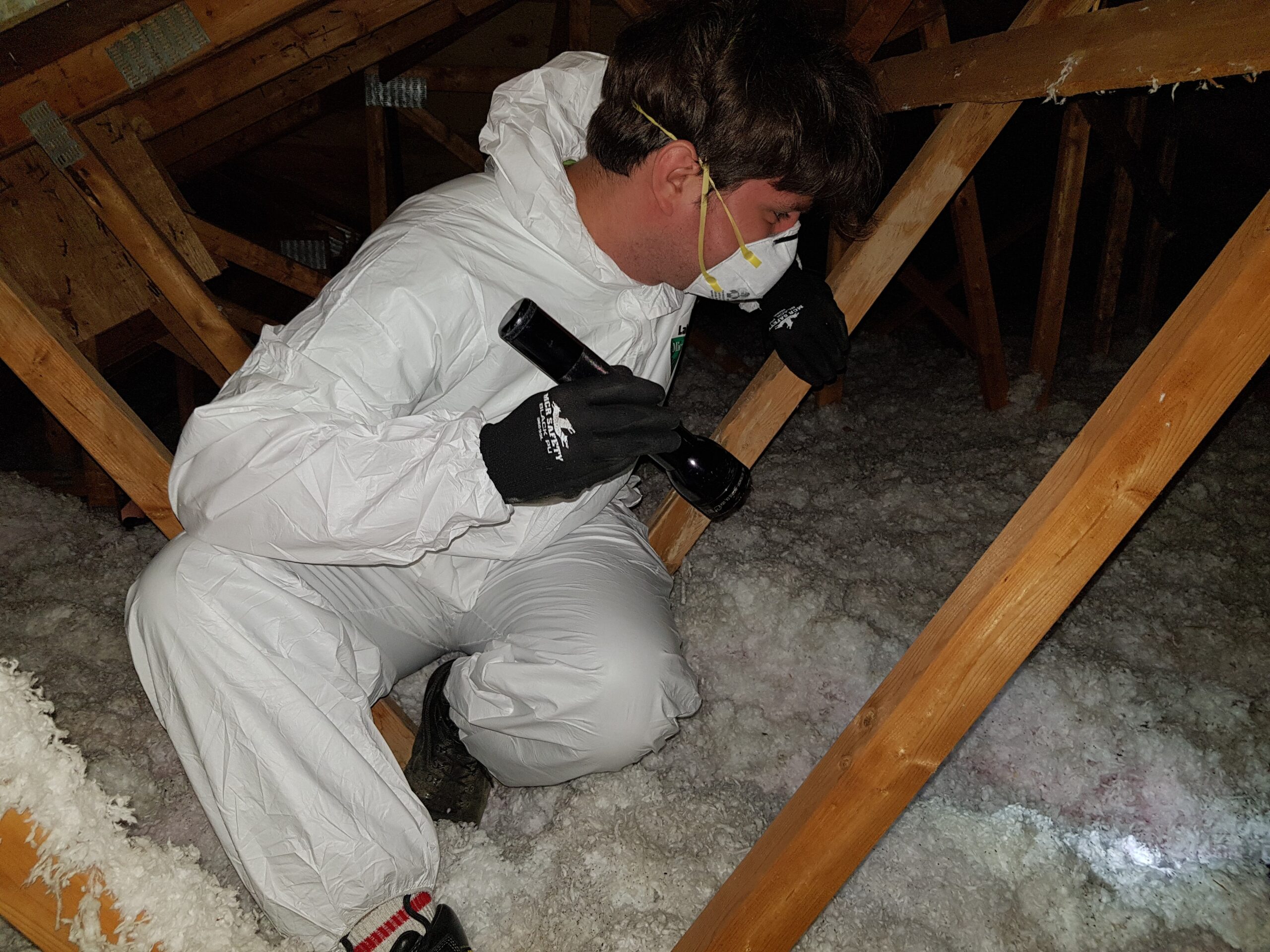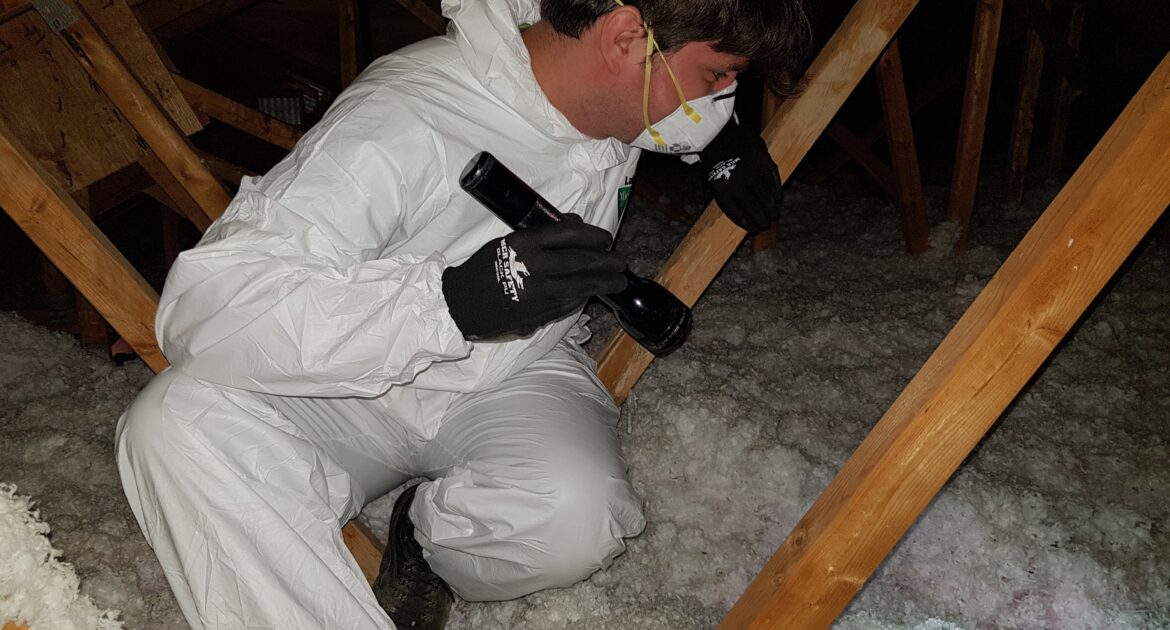Regardless of how you feel about squirrels, it is upsetting to find a dead squirrel on your property. It is also inconvenient because the carcass can present a health hazard, so it has to be disposed of, but handling it yourself is unsafe. Professional squirrel removal can dispose of the carcass properly without exposing you to any risks. At the same time, the professionals can check for living squirrels in your home and perform wildlife control in Durham as necessary.
How Do Squirrels Die?
It is possible that a squirrel could die from traumatic injuries sustained from falling from a tree or another high point. However, this is a rare occurrence. Despite being adept acrobats, squirrels sometimes fall down, but they act instinctively to change their position in the air to minimize injury. A more likely scenario is that a squirrel falls out of a tree in front of a predator, perhaps a cat, a dog, or a wild animal, and before it has a chance to react, the predator catches it.
Because squirrels are small prey animals, they typically don’t die of natural causes. One of their most significant predators is the hawk, which may catch it in its talons before flying away to eat it elsewhere. If this is the case, the squirrel may not have died on your property. While flying over your yard, the hawk may have lost its grip and dropped the squirrel.
If you have neighbours that leave out poison for rats, it may have attracted squirrels instead, and they may have succumbed to the poison on your property. Another common cause of death for squirrels is a disease, and some of those illnesses can spread to humans and pets.
What Diseases Can Squirrels Spread?
A common disease in squirrels and other small mammals is tularemia. This is a bacterial infection that can spread to humans, as well as cats and dogs, and attack the eyes, lungs, lymph nodes, and skin.
Symptoms of tularemia depend on how the bacteria enter your body. For example, if you breathe it in, you could develop pneumonic tularemia, which causes symptoms of chest pain, dry cough, and difficulty breathing. If you rub your eyes after handling a contaminated squirrel carcass, you could experience eye discharge, swelling, redness, and pain from oculoglandular tularemia. If you pet your dog or cat after handling the carcass, your pet could develop swollen lymph nodes and skin ulcers of ulceroglandular tularemia, the most common type.
Additional diseases that you could be exposed to by handling a squirrel carcass include other bacterial infections such as salmonellosis, which causes gastrointestinal symptoms, and leptospirosis, which could lead to meningitis or kidney failure if left untreated. If the squirrel was carrying parasites, such as fleas or ticks, you could be exposed to Lyme disease, which can cause severe complications such as heart palpitations.
How Does the Clear and Clean Aspect of Professional Squirrel Removal Benefit You?
Not all squirrels die of disease, but if you find a dead squirrel on your property, it is safest to assume that it could be infectious. Our technicians remove the dead squirrel safely from your property and decontaminate the area where the carcass rested to remove any lingering pathogens.
If there is a dead squirrel on your property, chances are good that it was living nearby, perhaps in your house. Our technicians can also assess your property for any living squirrels, removing them humanely if we find them. We then decontaminate the areas where the squirrels have been living inside. If there are any pathogens, we disinfect them so that they no longer pose a threat. We also close off any entry points so squirrels can’t get back in. Find out more about why Skedaddle should be your first choice for squirrel removal near me.




